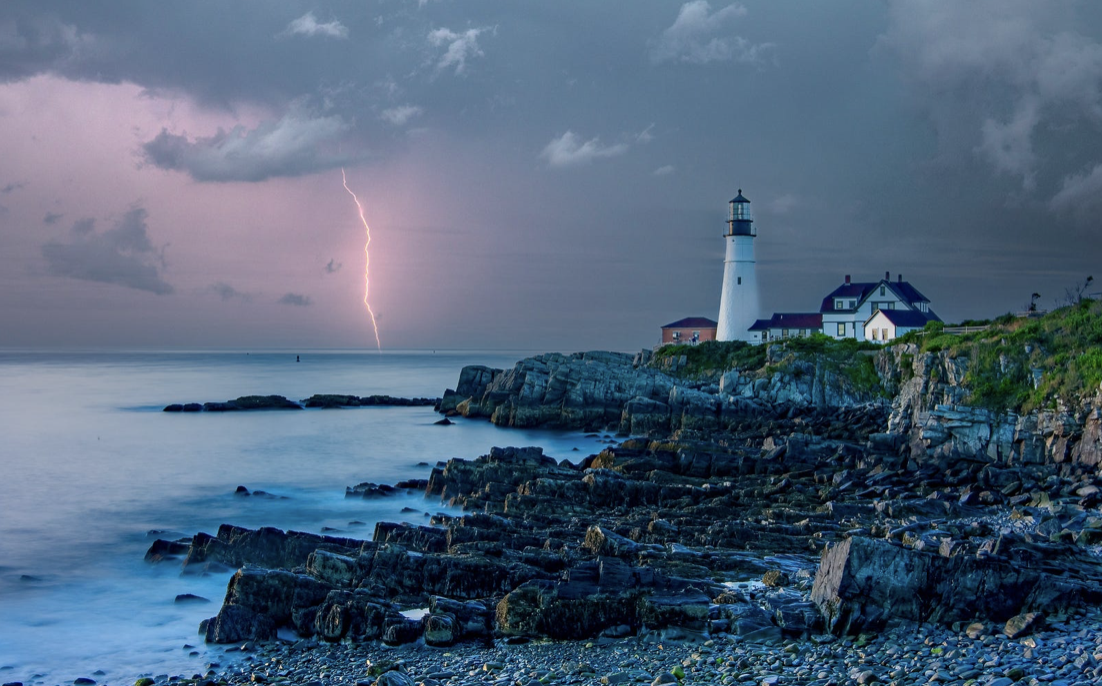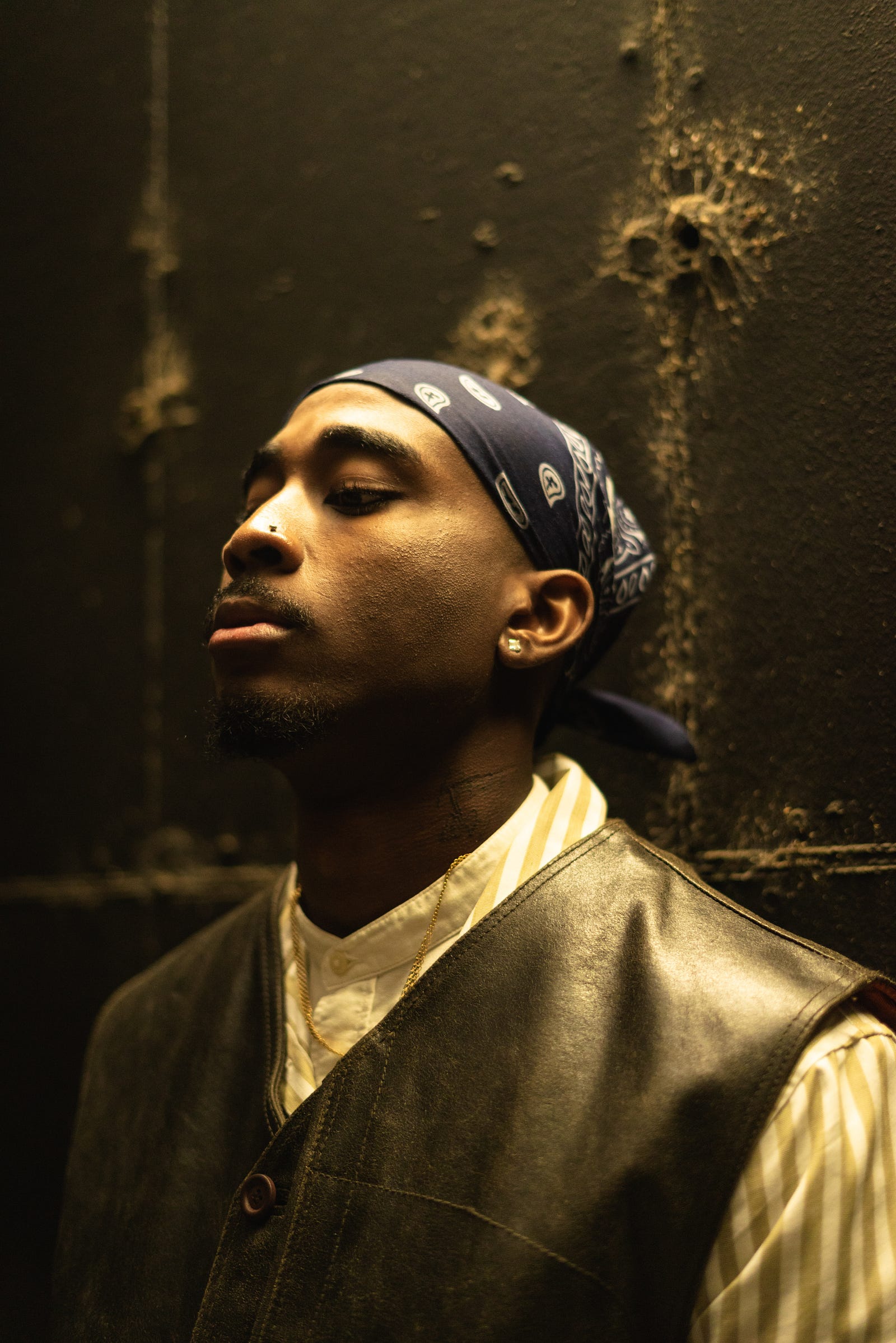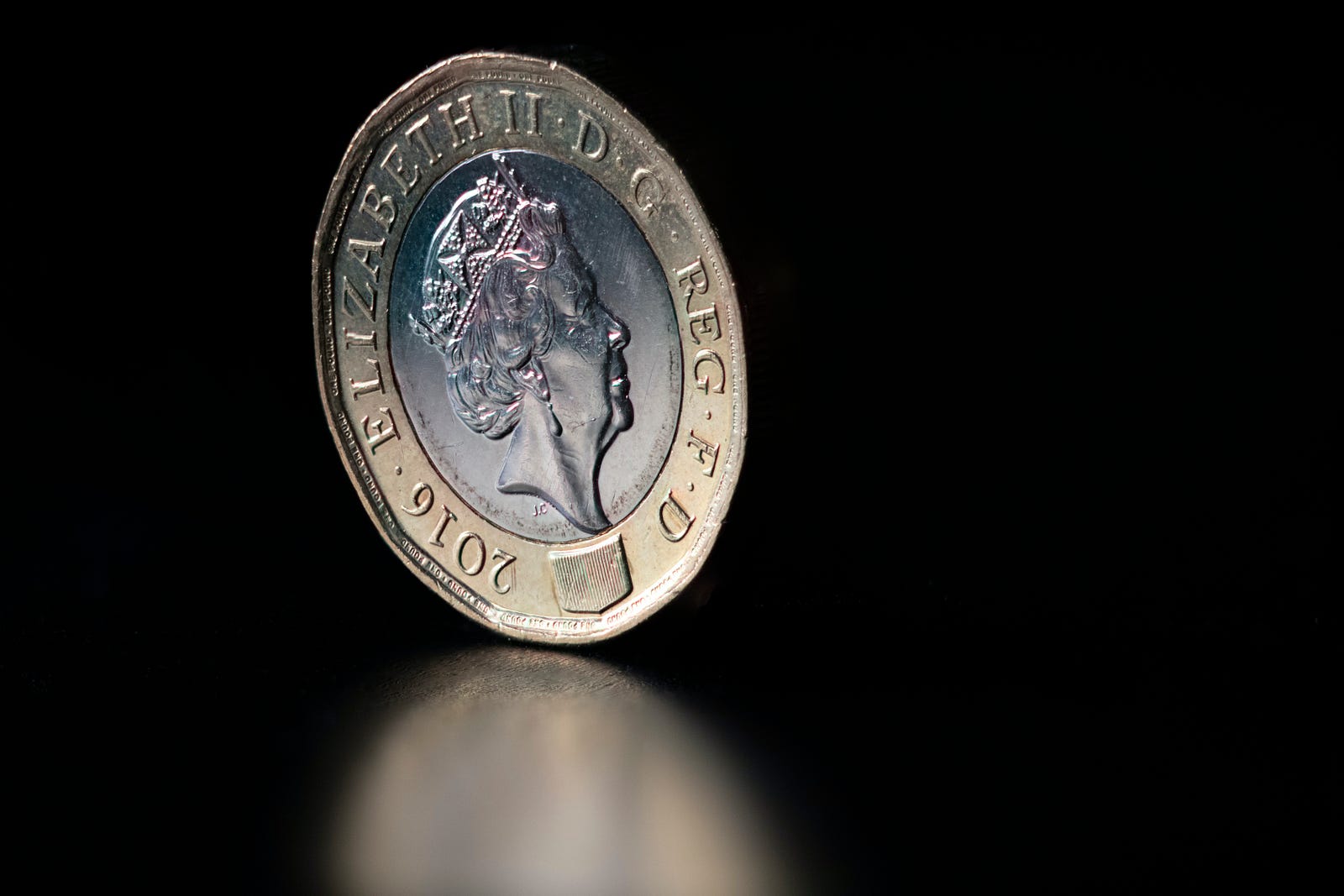Gun Violence Comes from Mob Rule, Not Thug Life
|
Older messages
Losing a White Friend Due to His Racism
Friday, November 17, 2023
What do you do when they cross the line? OHF WEEKLY Losing a White Friend Due to His Racism By William Spivey • 15 Nov 2023 • Comment View in browser View in browser Photo by VD Photography on Unsplash
The Simplicity of Equality
Friday, November 10, 2023
OHF WEEKLY, Vol. 5 No. 38: Editor's Letter, “Barbie, Star Wars, and Why Revolutions Happen,” “Cadavers of the Poor and Black Dissected without Consent,” and a quote by Quincy Jones. OHF WEEKLY The
“Barbie,” “Star Wars,” and Why Revolutions Happen
Friday, November 10, 2023
Before a revolution can take place, the oppressed first have to recognize that they actually do not have many rights. OHF WEEKLY “Barbie,” “Star Wars,” and Why Revolutions Happen By The Conversation US
All Bigotry Is Ignorance, But Not All Ignorance Is Bigotry
Thursday, November 2, 2023
Helping toxic people relinquish their destructive beliefs OHF WEEKLY All Bigotry Is Ignorance, But Not All Ignorance Is Bigotry By Walter Rhein • 2 Nov 2023 • Comment View in browser View in browser
Cadavers of the Poor and Black Dissected without Consent
Sunday, October 29, 2023
From morgue to medical school: Most states permit government officials to donate unclaimed bodies to medical schools, with no legal requirement for prior approval from the deceased or their next of kin
You Might Also Like
New from Tim — "Dr. Keith Baar, UC Davis — Simple Exercises That Can Repair Tendons"
Tuesday, March 4, 2025
The latest from author and investor Tim Ferriss ͏ ͏ ͏ ͏ ͏ ͏ ͏ ͏ ͏ ͏ ͏ ͏ ͏ ͏ ͏ ͏ ͏ ͏ ͏ ͏ ͏ ͏ ͏ ͏ ͏ ͏ ͏ ͏ ͏ ͏ ͏ ͏ ͏ ͏ ͏ ͏ ͏ ͏ ͏ ͏ ͏ ͏ ͏ ͏ ͏ ͏ ͏ ͏ ͏ ͏ ͏ ͏ ͏ ͏ ͏ ͏ ͏ ͏ ͏ ͏ ͏ ͏ ͏ ͏ ͏ ͏ ͏ ͏ ͏ ͏ ͏ ͏ ͏ ͏ ͏ ͏ ͏
5 Easy Ways to Make Your Old Car Look New(er) 🚗
Tuesday, March 4, 2025
Use TikTok's 'Rage Cleaning' Trend to Get Your Place Spotless. Your car has served you reliably for years—and it looks it. Here's how to roll back the clock and make it look new. Not
Sydney Sweeney Debuted A New “Light Suede” Hair Color At The Oscars After-Party
Tuesday, March 4, 2025
Plus, your March astrological forecast, your daily horoscope, and more. Mar. 4, 2025 Bustle Daily Idina Menzel on her new Broadway show. EXCLUSIVE Idina Menzel's New Broadway Show Has One Big
How Worried Should We Be About These Measles Outbreaks?
Tuesday, March 4, 2025
Today in style, self, culture, and power. The Cut March 4, 2025 HEALTH How Worried Should We Be About These Measles Outbreaks? Cases have been popping up across the country. We asked a pediatrician to
Starting Next Week: A New Course on Wordsworth
Tuesday, March 4, 2025
Class starts March 13. Enroll today. Upcoming Literary Seminar: Timothy Donnelly on William Wordsworth Dive into the work of one of England's most influential poets. In this three-session seminar
An update on how Trump’s proposed tariffs could raise food costs
Tuesday, March 4, 2025
A Michelin-starred chef backpedals after disparaging retweets
The Best Memes & Tweets About The 2025 Oscars
Tuesday, March 4, 2025
Plus: Ariana Grande's Oscars performance had a hidden meaning. • Mar. 4, 2025 Up Next Your complete guide to industry-shaping entertainment news, exclusive interviews with A-list celebs, and what
Red Hot And Red
Tuesday, March 4, 2025
What Do You Think You're Looking At? #204 ͏ ͏ ͏ ͏ ͏ ͏ ͏ ͏ ͏ ͏ ͏ ͏ ͏ ͏ ͏ ͏ ͏ ͏ ͏ ͏ ͏ ͏ ͏ ͏ ͏ ͏ ͏ ͏ ͏ ͏ ͏ ͏ ͏ ͏ ͏ ͏ ͏ ͏ ͏ ͏ ͏ ͏ ͏ ͏ ͏ ͏ ͏ ͏ ͏ ͏ ͏ ͏ ͏ ͏ ͏ ͏ ͏ ͏ ͏ ͏ ͏ ͏ ͏ ͏ ͏ ͏ ͏ ͏ ͏ ͏ ͏ ͏ ͏ ͏ ͏ ͏ ͏ ͏
What to Watch For in Trump's Abnormal, Authoritarian Address to Congress
Tuesday, March 4, 2025
Trump gives the speech amidst mounting political challenges and sinking poll numbers ͏ ͏ ͏ ͏ ͏ ͏ ͏ ͏ ͏ ͏ ͏ ͏ ͏ ͏ ͏ ͏ ͏ ͏ ͏ ͏ ͏ ͏ ͏ ͏ ͏ ͏ ͏ ͏ ͏ ͏ ͏ ͏ ͏ ͏ ͏ ͏ ͏ ͏ ͏ ͏ ͏ ͏ ͏ ͏ ͏ ͏ ͏ ͏ ͏ ͏ ͏ ͏ ͏ ͏ ͏ ͏ ͏ ͏
“Becoming a Poet,” by Susan Browne
Tuesday, March 4, 2025
I was five, / lying facedown on my bed ͏ ͏ ͏ ͏ ͏ ͏ ͏ ͏ ͏ ͏ ͏ ͏ ͏ ͏ ͏ ͏ ͏ ͏ ͏ ͏ ͏ ͏ ͏ ͏ ͏ ͏ ͏ ͏ ͏ ͏ ͏ ͏ ͏ ͏ ͏ ͏ ͏ ͏ ͏ ͏ ͏


